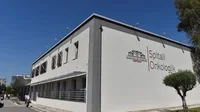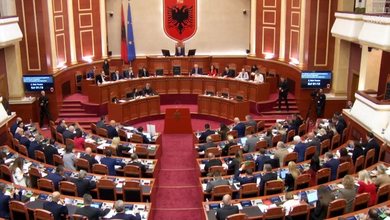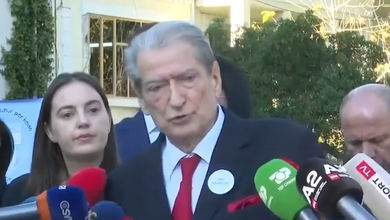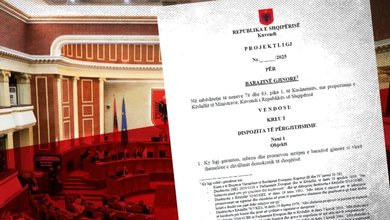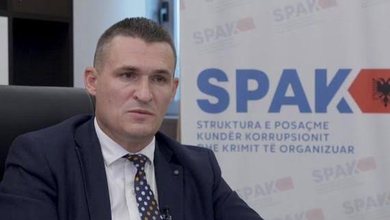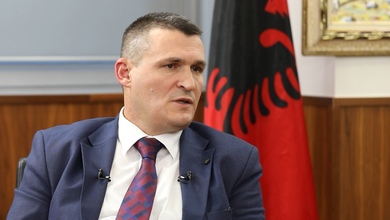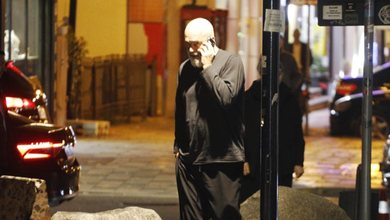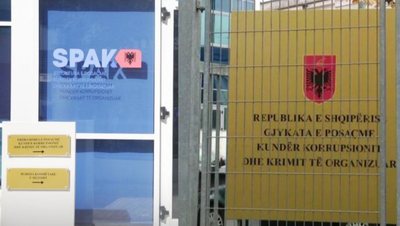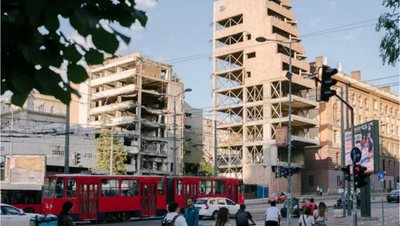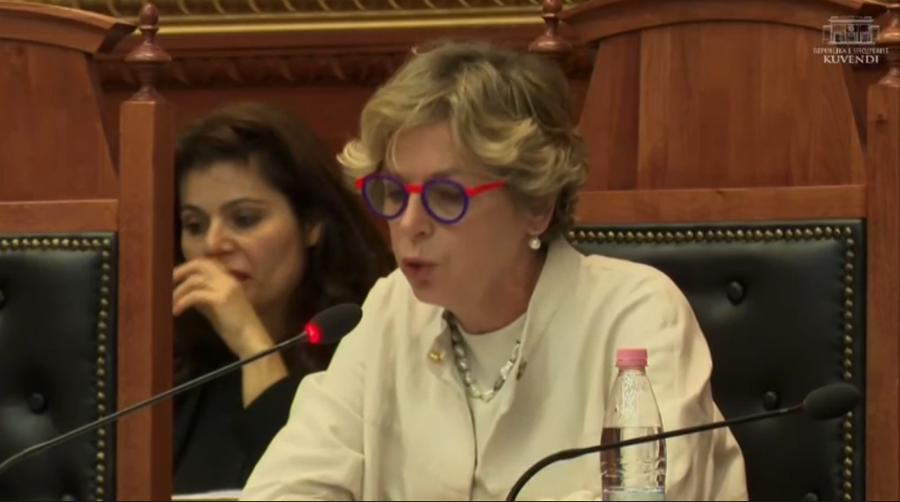
After the majority rejected the opposition's request for a motion with debate on the issue of the Oncology Hospital, also relying on the latest report of the Albanian Supreme Audit Office, the Minister of Health, Evis Sala, admitted that there are problems in this hospital, but added that work is being done to resolve them.
However, while the need for medicines and emergency treatment for Oncology patients is great, the minister chose to focus on the next rhetoric, emphasizing that 1 billion lek has been allocated in the 2026 budget for medicines alone.
"In the 2026 draft budget, which is expected to be passed by the Assembly in a few days, a dedicated budget of 1 billion lek has been allocated for oncology drugs alone," said Sala.
The KLSH report highlights a great chaos in the Oncology Hospital: lack of drugs, expired drugs and lack of control over the supply and distribution of medications. The approval process for antitumor drugs is long and inefficient, creating dangerous delays for patients seeking urgent treatment.
According to the audit, 46% of medicines authorized for sale in Albania were never imported during the study period. For vital medicines such as Actinomycin D, used to treat pediatric tumors, there is neither a contract nor a supply, leaving hundreds of patients at the mercy of fate.
The report seems to have fallen on deaf ears, while every day the media reports about the shortage of medicines. Just yesterday, journalist Osman Stafa raised a serious alarm about the shortage of the vital drug "Avastin" at the Oncology Hospital in Tirana, describing the situation as a drama that leaves patients without the necessary chemotherapy treatment.
In his public response, Stafa shared the testimony of a patient who has been unable to receive treatment for two weeks due to a lack of the drug. He emphasized that "Avastina" is a hospital medication, provided only by the Ministry of Health and cannot be purchased in regular pharmacies.



